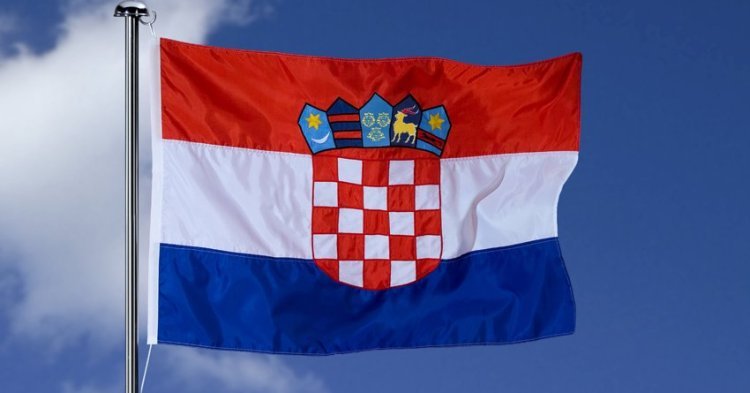After almost six years since Croatia started its negotiation talks, the European Commission finally made a recommendation to complete the entry talks with Croatia. However, it is expected that it will take at least another two years of monitoring as well as for all the 27 EU member states to ratify the accession treaty.
In addition, Croatian government still needs to overcome country’s growing euroscepticsm which became even stronger following the ICTY’s verdict against two former Croatian generals in April, and persuade its citizens to vote for joining the EU at the forthcoming referendum. On the other hand, there is also growing scepticism among EU member states, particularly by France, UK and the Netherlands, due to the expansion weariness, but also due to the concerns regarding the consequences of the European debt crisis.
Positive Impact on Western Balkans Region
Nonetheless, many critics say that Croatia’s reform efforts have been far from sufficient. Author of a recent report on the subject for the German Institute for International and Security Affairs, Dusan Reljic stressed that the European Commission’s decision was merely the result of the strong pressure coming from member states such as Hungary, Germany, Austria, Poland and the Czech Republic. He also added: “The whole thing sends a very bad message to the other western Balkan states. The message is that it doesn’t really matter how well prepared you are if you have good friends. States such as Serbia and Macedonia without such friends are likely to be scrutinised far more.”
However, noteworthy is the fact that the EU plans to monitor closely Croatia until the country becomes full member of the Union in order to make sure the country continues to implement the necessary reforms.
Furthermore, according to Rose Balfour, Senior Policy Analyst with the European Policy Center (EPC), a Brussels based think tank, Croatia’s accession will be a crucial signal to all the countries in the region saying that the EU is still very much committed to enlargement, regardless of the above mentioned expansion weariness and fearing consequences of the debt crisis, and that the other countries in the Balkans region are still welcome to join the European Union.
Balfour further stressed that all the countries in the Western Balkans region have been promised accession to the EU, however, she warned that the consequences of not fulfilling that promis could be serious. „Serbia has made steps forward and hopes to receive a favorable opinion in November, and a date to start accession negotiations by the end of the year,“ she said and added that Montenegro has been moving towards EU integration too whereas Macedonia’s negotiations have been put on a standstill because of the internal issues with Greece.
Hence, she finally also added that the EU leaders needed to measure the reluctance to move forward with further enlargement against the positive effects that could have on the Balkans as well as on the EU.

Follow the comments: |
|
